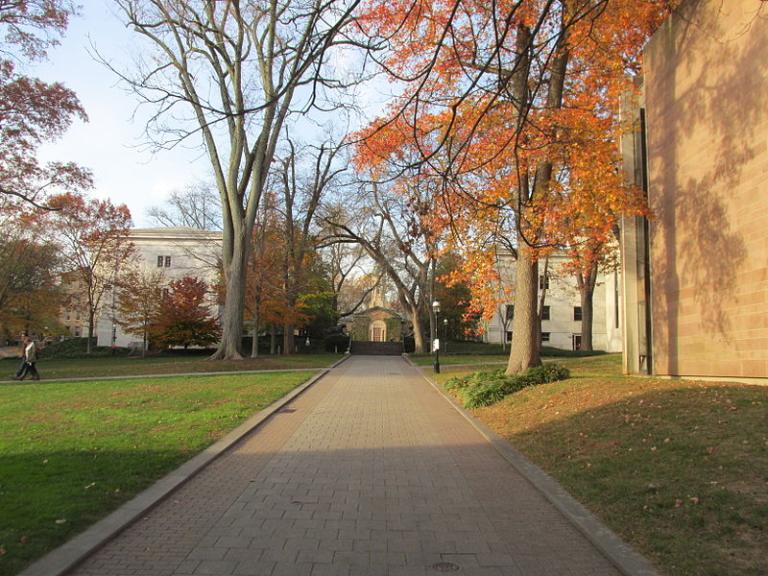
From H. L. Mencken, The American Language: An Inquiry into the Development of English in the United States, 4th ed. (New York: Alfred A. Knopf, 1937), 684:
Perhaps the first verb to be borrowed from English by the Syrian immigrants to the United States was sannas (to make a cent). It appears in the sentence, “L’yom ma sannasna.” (We haven’t made a cent today.) Another early loan-verb was shannaj (to make change, whether of money or of situation). Examples “Shannijli ha-r-ryal” (Change this dollar for me) and “Wayn bi-n-shannij? (Where do we change?) Sharraj (to charge) is also of some antiquity.
Please note the word ryal or riyal above, where it is used to refer to an American dollar. Still today, the term riyal is used for the official currency of Saudi Arabia and of Qatar.
Here are some other verbs:
bardan (to board). The form here is in the past tense singular, masculine gender.
darrav (to drive).
narvas (to become nervous or agitated). Narvasu might well represent “He got his goat.”
That’s interesting, because, while narvas seems to be a stative verb, and thus intransitive, its use in narvasu (which I would translate literally as “he made him nervous” or “he made him agitated”) appears to make the verb transitive.
layyat (to be late). Example: “L’train mlayyit” (The train is late).
bather (to bother). Examples: “La tbathirni” (Don’t bother me), and “Haji tbathiru” (Stop bothering him).
I confess that the last one puzzles me: Haji plainly functions as a negative particle in the specimen given, but I can’t recall ever seeing haji function that way. Not even close. (I’m not, I confess, anything remotely like an expert on colloquial Arabic dialects.) The word haji looks to me much more like the honorific title (Hajj or Hajji) bestowed upon somebody who has performed the great pilgrimage ritual to Mecca known as the hajj. But maybe somebody out there can shed some light on this.
barrak (to park).
sammak (to smoke).
anshar (to take out insurance).
bunnab (to pump). There is no p in Arabic.
karrak (to crank). A Syrian was heard to say “Karrakna l-car w’kakkna” (We cranked the car and it kicked us).
faxan (to fix). Example: “Hada mush mfaxan” (That is not fixed).
fabrak (to manufacture). This verb is also heard in Syria.
In the last case, think of the English verb to fabricate.
To be continued.










